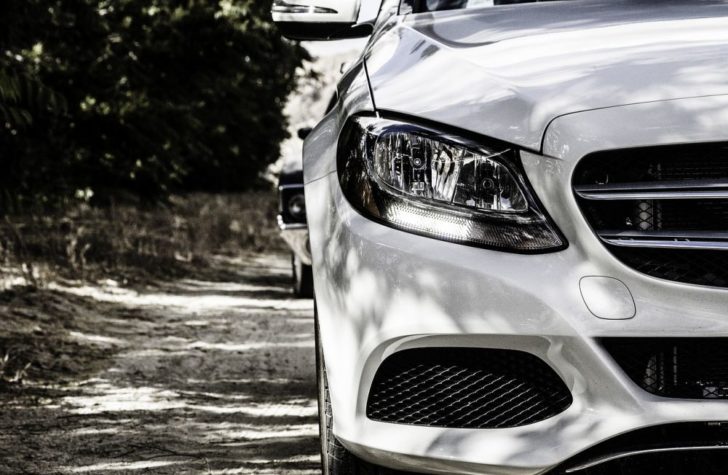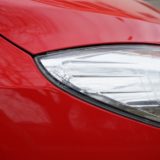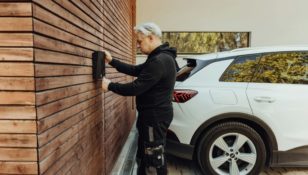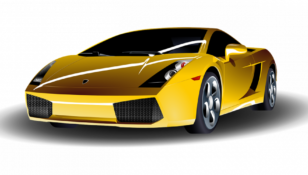VW Hybrid: Exploring the Evolution and Advancements in Green Mobility

Introduction
The automotive industry has experienced a paradigm shift towards sustainable transportation solutions, with hybrid vehicles emerging as a popular choice among environmentally conscious individuals. Volkswagen, commonly known as VW, has been at the forefront of this movement, offering a range of innovative hybrid models that combine the best of both worlds electric power and traditional combustion engines. In this comprehensive article, we delve into the world of VW hybrid vehicles, providing an in-depth exploration of their features, historical development, and what makes them an appealing choice for car owners and enthusiasts.
Understanding VW Hybrid Vehicles: A Breakthrough in Green Mobility

VW hybrid vehicles embody the principles of sustainable transportation by seamlessly integrating electric and combustion engine technologies. These advanced vehicles utilize a combination of an internal combustion engine and an electric motor, allowing for reduced fuel consumption, lower emissions, and improved overall efficiency. This technology brings numerous advantages, including enhanced performance, increased energy efficiency, and extended driving range compared to conventional gasoline or diesel-powered cars.
The Evolution of VW Hybrid Vehicles: Paving the Way for a Greener Future
VW’s journey into hybrid technology began in the early 2000s when the company embarked on a mission to develop eco-friendly alternatives to conventional gasoline vehicles. Their first hybrid model, the VW Touareg Hybrid, debuted in 2010, marking a significant milestone in the brand’s commitment to sustainable mobility. Since then, VW has continued to refine and innovate its hybrid offerings, resulting in groundbreaking models that have revolutionized the hybrid vehicle market.
Key Advances in VW Hybrid Technology
Over the years, VW has introduced several key advances in their hybrid technology, solidifying their position as a leader in the green mobility segment. Some noteworthy developments include:
1. Plug-In Hybrid Capability: VW hybrid models incorporate plug-in functionality, allowing owners to charge their vehicles at home or at charging stations, further reducing their reliance on fossil fuels.
2. Dual-Clutch Transmission: VW hybrids often utilize dual-clutch transmission systems, providing seamless gear shifts and optimal power delivery for a smooth and efficient driving experience.
3. Efficient Regenerative Braking: By harnessing the power of regenerative braking, VW hybrids are able to recover and store energy that would otherwise be wasted. This energy is then used to power the electric motor, offering increased range and improved efficiency.
4. Hybrid-Specific Features: VW has introduced hybrid-specific features to enhance the driving experience. These include selectable driving modes that optimize performance for various scenarios, such as all-electric mode for city driving or hybrid mode for a balance between fuel efficiency and power.
The Future of VW Hybrid Vehicles: Advancements on the Horizon
As the automotive industry continues to evolve, VW remains committed to advancing its hybrid technology and expanding its range of electrified vehicles. With the introduction of the fully electric ID.4 and ID.3 models, VW is now venturing into all-electric territory, combining innovative design, cutting-edge technology, and impressive range capabilities.
In addition to all-electric models, VW aims to further enhance its hybrid offerings with improved battery technology, increased electric range, and more accessible charging infrastructure. These advancements will make VW hybrids an increasingly attractive option for individuals seeking environmentally friendly transportation without sacrificing performance or convenience.
In conclusion, VW hybrids represent a significant step towards a greener future in the automotive industry. Combining the best of both electric and combustion engine technologies, VW has created hybrid models that offer impressive performance, fuel efficiency, and reduced emissions. As the brand continues to innovate and push the boundaries of green mobility, we can expect even more exciting developments from VW in the near future. Whether you’re a car owner or a passionate automotive enthusiast, VW hybrids are undoubtedly worth considering for a sustainable and enjoyable driving experience.
Sources:
– Volkswagen Official Website: https://www.volkswagen.co.uk/
– Volkswagen Newsroom: https://www.volkswagen-newsroom.com/
– Car and Driver: https://www.caranddriver.com/volkswagen

















